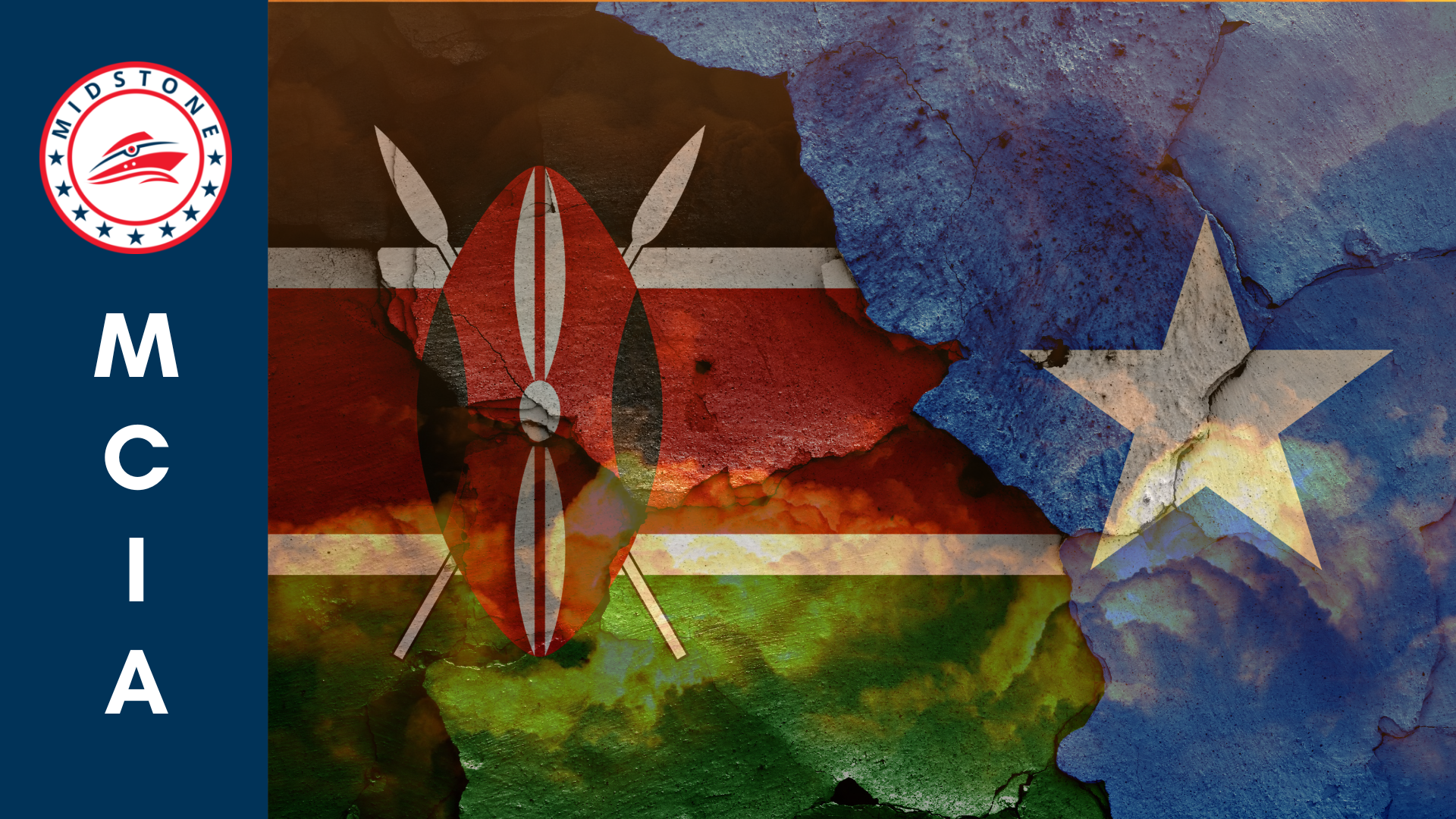
The weekend of 8 July was an eventful one in Somalia. The country remains unstable, and Al-Shabaab could once again be taking the initiative, not only on social media but also on the battlefield.
On 6 July 2023, the militants announced that six IEDs had been detonated in Janay Adelle in the Afmadow District of the Lower Juba region in southern Somalia. The target was a joint convoy of US and Somali forces. Al-Shabaab claimed on social media that twelve Somalis and several Americans were injured in the blast. However, a press release from AFRICOM stated that no American soldiers were injured.
This was not the only operation that Al-Shabaab launched on that date. Reports also emerged that a suicide bomber had been deployed by the militant group against Camp Sarira, a facility of the Kenyan Defence Force in Lamu County, Kenya. The attacker was detected by snipers and killed before he was able to reach the facility. The same source reported that the Somali militants had used a UAV to conduct surveillance of the facility before the failed attack was launched. Over the past three weeks, it has been documented that over 30 Kenyan security officers have been killed in 10 attacks across both Lamu and Garissa counties.
There are a number of reasons why there has been an increase in attacks by Al-Shabaab in both Kenya and Somalia. One interesting factor that seems to be a catalyst is timing. The announcement that the border between Kenya and Somalia, which has been closed since 2011, will be reopened appears to have emboldened the militants. Another view is that Al-Shabaab is on the verge of being defeated and is trying to remain relevant.
Another factor that appears to encourage the militants is the withdrawal of 2,000 troops from the African Union Training Mission in Somalia (ATMIS) on 30 June 2023. This move was a benchmark, as the force plans to leave Somalia by the end of 2024. It appears that the militants see the withdrawal of ATMIS as presenting an opportunity to fill a vacuum that not only needs to be filled but also a chance to not only return to the areas where they previously held sway but also to possibly regain power in Mogadishu.
How have both the Somali government and its international partners responded to this renewed offensive? During the weekend of 8 July, the United States launched airstrikes against Al-Shabaab. The area that was targeted was the Afmadow region, where the IED attack against the joint convoy took place. These attacks were launched at the request of the Somali National Army.
Is the US presence in Somalia too limited, or is the US agenda for Somalia out of balance? This is a good question. Most US operations in the country have been limited to either drone strikes or raids by US special forces. A paper by the International Crisis Group takes the position that US policy focuses too much on Al-Shabaab and not enough on addressing the political rifts within the country that hinder conflict resolution. The paper also suggests that there is no preparation by the Biden administration for any potential negotiations with the Somali Federal Government; these omissions can be seen as Washington being shortsighted.
As with other insurgent movements, there are two factors at play here. The success of Al-Shabaab depends on governance, or the lack thereof, in the areas that they operate. This appears to be at play with the growing strength and confidence of the government in Mogadishu. Secondly, the ability of Al-Shabaab to regroup is a factor that is overlooked in far too many conflict zones, and it is a factor here.
Investments in Somalia by the international community could be the coup de grâce that could be levied against Al-Shabaab. Aid is flowing into Somalia in very small doses. But is it in the right format? That will be the question that needs to be answered.
